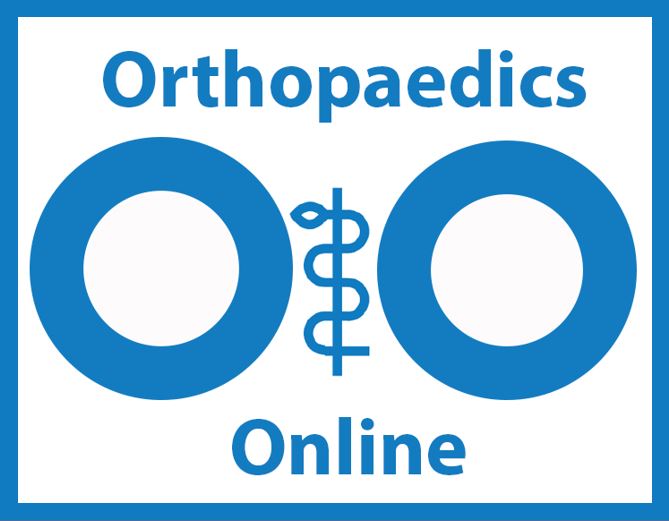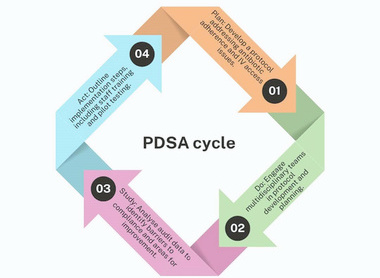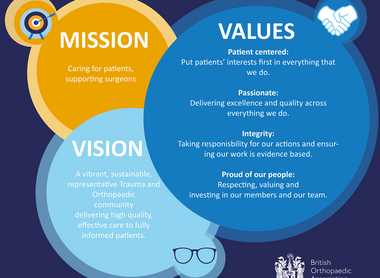Orthopaedics Online - A Place to Share

Editor: Andrew Gray
Orthopaedics Online is a resource of articles and videos for members and others working in the orthopaedic sector to share their thoughts on all things T&O, with the aim of creating a space for shared learning and discussion. The articles contained here are not meant to be viewed in the same way as a scientific journal but more for sharing experience or resources amongst the T&O community.
We welcome contributions from everyone in the T&O space. Send us an email to [email protected] with your ideas or article and we’ll get back to you!
Thinking of contributing? - Here are some tips on the Orthopaedics Online house style
A writing style is the manner of expressing thought in language characteristic of an individual, period or school. Spelling, grammar, and punctuation are all essential building blocks, but style reflects the choice of words and narrative structure to convey meaning effectively.
Orthopaedics Online publishes articles from Orthopaedic surgeons on issues that affect the profession, patients, and the healthcare sector in general. We look for writing, which is clear, direct, and stimulating. Articles can be topical or personal but should always be informative and occasionally provocative.
Orthopaedics Online is not a scientific, peer review journal. However, data can and should be used to support discussion though we ask that any research data referred to is relevant and accurate. The content and veracity of each published submission will remain the responsibility of the submitting authors. This online publication should not be seen as a repository for scientific articles that other journals reject.
We wish to promote a ‘light touch’ editorial policy, allowing contributors to be ‘heard’ on matters of importance to themselves, their institutions, and the profession. We actively encourage articles that open and contribute to healthy debate. Word count is negotiable, but we recommend a maximum of 1,500. Photographs, illustrations and graphics are welcomed, up to six per article.
The Orthopaedics Online voice should reflect how we view ourselves as a profession, our individual and collective goals, and aspirations. To this end, as well as welcoming more formal writing styles we also encourage ‘Blogs’ which are both personal and contemporary, reflecting how issues of the day affect us all.
‘The rules are about what a writer does; style is about how the writer does it’ Wikipedia
Contributions should be sent to [email protected] with the subject line: Orthopaedics Online.
Recent Articles
Bridging the gap: First-cycle results of a multi-centre NHS survey on junior doctors’ confidence in managing acute orthopaedic emergencies
By Hatem Hussein, Ahmed Shalaan, Mohamed El-Gamal, Mohamed Wahb and Mohamed Hash...
read more
Why orthopaedic surgeons must engage with surgical innovation
4 February 2026: The Royal College of Surgeons of England’s Future of Surgery Fe...
read more
Cognitive task analysis (CTA) in orthopaedics: From novelty to necessity
By Saran Gill, Karam Ahmad, Chinmay Gupte and Rahul Bhattacharyya
Did the opening of the Cambridge Movement Surgical Hub (CMSH) improve trainee opportunities?
By Harshvir Singh Grewal
Doctor or Barber? Reviewing the use of gendered titles for UK surgeons
By Sophie Gatfield, Alexander Dodds and Andrea Sott
Articles by Topic
Please note submissions are editorially reviewed and sense checked to ensure suitability for publication, however, there is no formal peer-review process. Opinions given are the responsibility of the author(s) concerned. The BOA and editors accept no liability whatsoever for the consequences of any inaccurate or misleading data, opinions or statement or of any action taken as a result of any article published in Orthopaedics Online.















